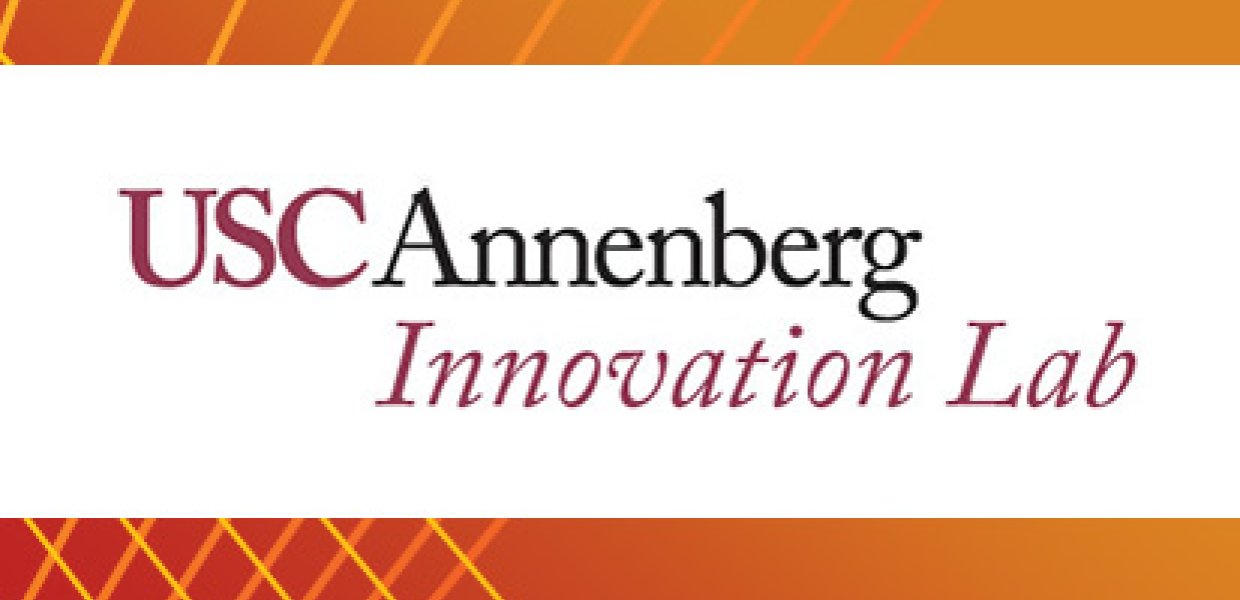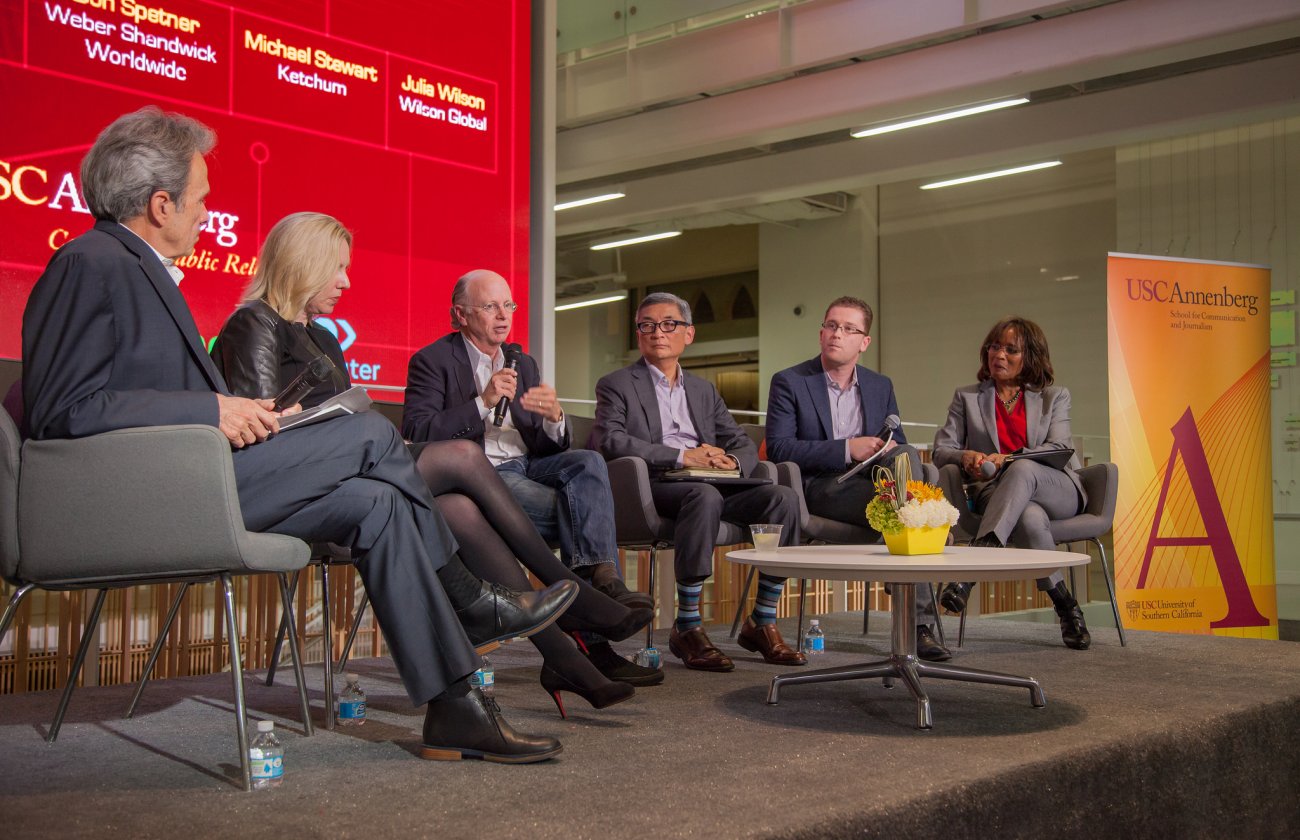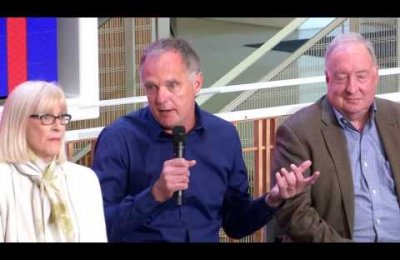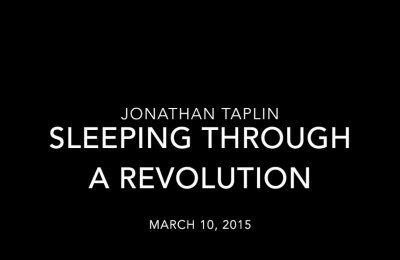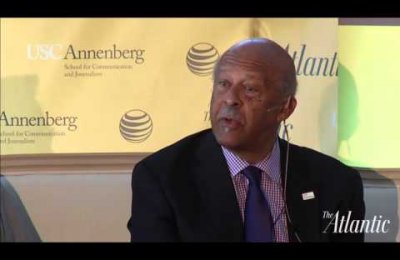Numerous outlets, including The Guardian and the Los Angeles Times, have linked the Annenberg Innovation Lab’s Ad Transparency Report to a White House agreement with Google, Yahoo, Microsoft and AOL that intends to stop company advertisements from being displayed on peer-to-peer media sharing sites.
The monthly release of the AIL Ad Transparency Report started an often-ignored conversation in January by calling out the top ad networks mentioned above and others for funding websites hosting pirated content.
“January 6, when we made the first of the ad transparency reports, this was not on anyone’s radar,” Annenberg Innovation Lab Director and Clinical Professor Jonathan Taplin said. “No one was talking about the fact that millions of dollars of brand advertising was flowing into pirate sites.” “So July 14, the White House announces, in conjunction with the Interactive Ad Bureau, that there will be an effort to stop this joined by all the big players. I think we played a big part in bringing [the situation] to people’s attention.”
The Guardian’s Charles Arthur and Stuart Dredge gave credit to AIL research that found Google and Yahoo to be two of the biggest advertisers on pirate sites.
According to the Los Angeles Times’ Jon Healy, copyright holders, who have recently been vocal about how ad dollars are supporting online infringers, have gotten a boost from the AIL Ad Transparency Reports.
Following the White House announcement, the four online ad networks voluntarily released a set of guidelines Monday called “best practices” to show that they are taking copyright holders’ complaints seriously. Though the best practices are endorsed by eight ad networks — including 24/7 Media, Adtegrity, Condé Nast, and SpotXchange — Healey questions the guidelines’ effectiveness.
“The first networks on board are among the ones who've been most responsive to copyright holders (one, Condé Nast, is actually a publisher serving ads to its own sites),” Healey wrote. “Their ranks include none of the 10 networks identified in the most recent Annenberg Innovation Lab report as serving the most ads to supposedly illicit sites.”
According to an article on USC Annenberg’s website, "Google and Yahoo! responded to the publication of the Transparency Report by reaching out to the Innovation Lab and working to further explain and even alter how they do business.”
Taplin specified after the first report came out that named Google among top offenders, the company made many efforts to correct their system.
Healey acknowledged the benefits of the tech giants’ move to take a stand against online piracy. The best case scenario is that other ad networks follow the lead of Google, Yahoo!, Microsoft and AOL.
Healey notes an optimistic outcome is a broad adoption of similar guidelines throughout the industry to cut piracy from the source. Instead of shutting down sites link by link, the cut of ad dollars will shut down sites en masse.
Taplin, in the same LA Times article, noted that what is likely to happen is when major networks stop advertising, “less scrupulous ad networks [will] invariably pop up to help fill the advertising space there.”
Read the full articles here: The Guardian Los Angeles Times
